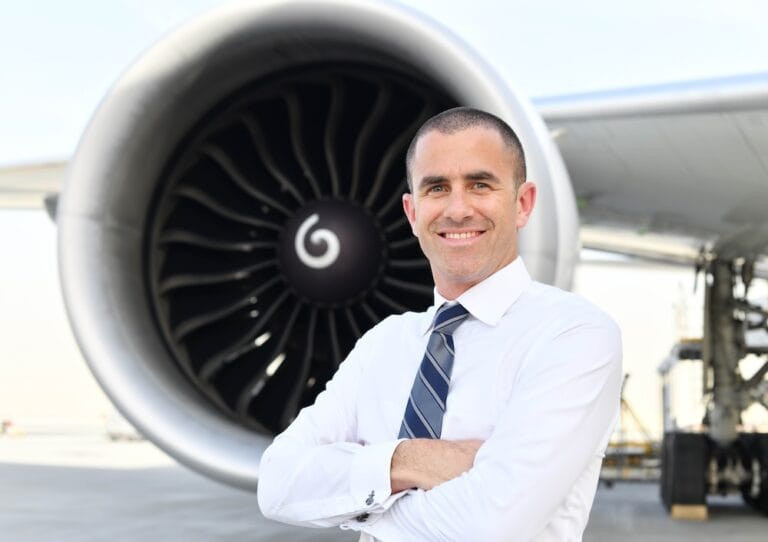With the global focus increasingly on the rise of e-commerce, a critical challenge has emerged for airlines when it comes to dangerous goods handling – lithium-ion batteries.
Frequent mishandling of packages from platforms like Shein and Temu, as well as improper packaging by shippers has presented a risk for cargo handlers, necessitating robust screening procedures to identify risks before loading items onto their aircraft.
Conversely, the overuse of lithium-ion battery markings on packages, with shippers labelling indiscriminately because they are unsure of the contents is time consuming and a waste of resources.
“Since the risks associated with lithium batteries gained significant attention, the industry has continuously worked to mitigate these threats through investment in safety measures, education, and collaboration with regulators,” Trevor Howard, Vice President of Safety, Standards and Regulatory Compliance at Emirates SkyCargo stated.
“The goal is to enhance safety regulations and implement risk mitigation strategies to ensure safer handling and transportation processes.”
“One approach to address these challenges is enhancing the “Know Your Customer” (KYC) framework. By thoroughly screening shippers, understanding cargo origins, and implementing additional checks on high-risk shipments.”
Tailored for partnerships
No matter how robust procedures or training programs are, the industry can only achieve its goals through effective collaboration. Airlines have been investing heavily in ensuring that what is developed in one location, such as their home hub, can be replicated seamlessly across the network.
This involves balancing what carriers aspire to achieve with what partners can realistically deliver while continually exploring ways to bring innovation to the process.
A big part of this is focusing on practical, user-driven solutions. Whether it’s a new tool for staff or an updated screening process, it’s crucial to always consider the end user—those working in the warehouse or on the ground.
For any solution to be successful, it must be practical, effective, and efficient. Those three principles guide everything the industry must do, ensuring that innovation translates into real-world benefits for our operations and partners.
“When it comes to Emirates and our collaboration with dnata and other partners, innovation and strong relationships are essential,” Howard expressed.
“I’ve seen firsthand the vast scale of our operations, and the infrastructure we have in place is critical for maintaining efficiency and safety. Ground handling partners, whether in Dubai or anywhere else in our network, are fundamental to our success.”
Shifting mindset
The International Air Transport Association (IATA) Dangerous Goods Board, of which Howard is the Chairman, reflects the importance of collaboration and learning across the entire supply chain, presenting a safety-driven focus above concerns about commercial matters.
Through partnerships, the board translates regulations into actionable programmes, such as audits and certifications, such as the CEIV Lithium Battery certification program that was developed to address the unique risks associated with these items, demonstrating the broad and lasting impact of our decisions.
“It’s about improving aviation safety, full stop. The board brings together airlines and supply chain partners to discuss incidents, share lessons learned, and propose actionable solutions. At the end of the day, we all share the same customer base, so it’s in everyone’s interest to enhance safety standards collectively,” Howard declared.
“While the board members share a unified focus on safety, there are players in the broader supply chain who might prioritise financial gains over stringent safety practices.
“Our role as a board is to promote a mindset shift, encouraging all stakeholders to adhere to high safety standards, undergo proper training, and implement the necessary practices. Standardisation in safety is non-negotiable, especially in a sector like dangerous goods handling, as even small changes—when implemented – can make a big difference.”





